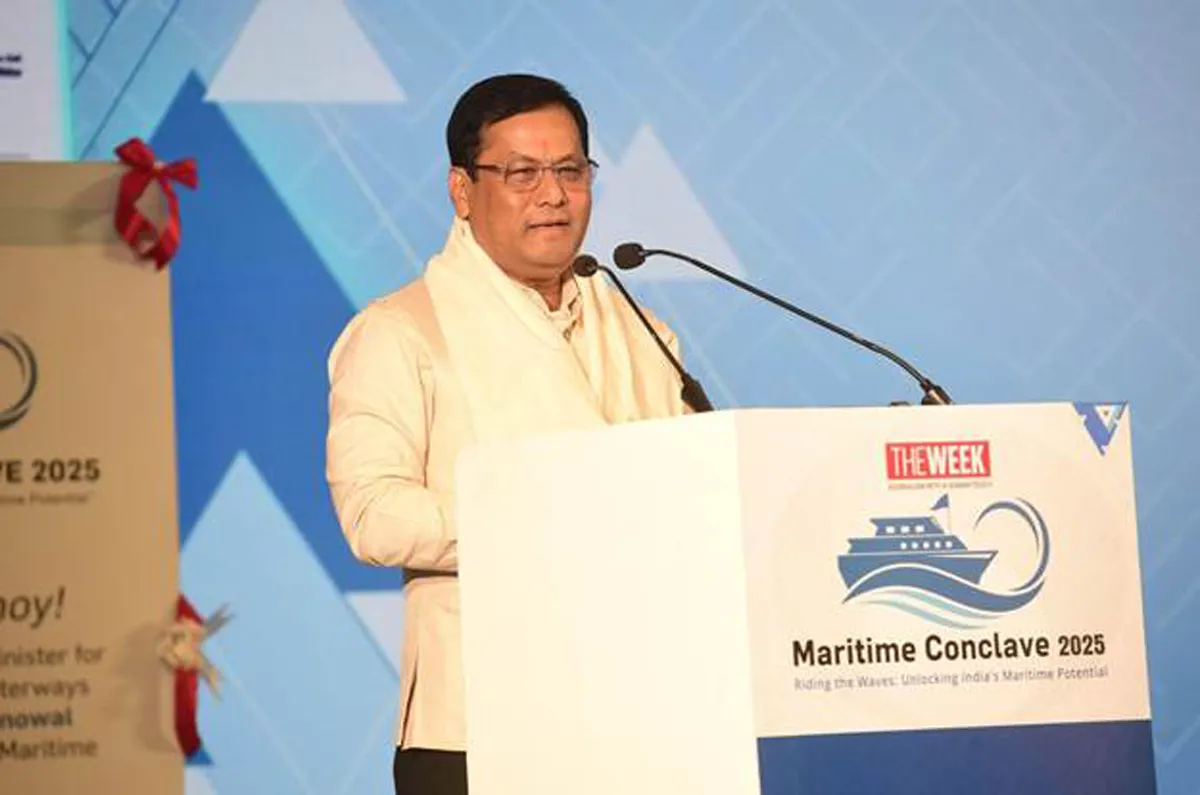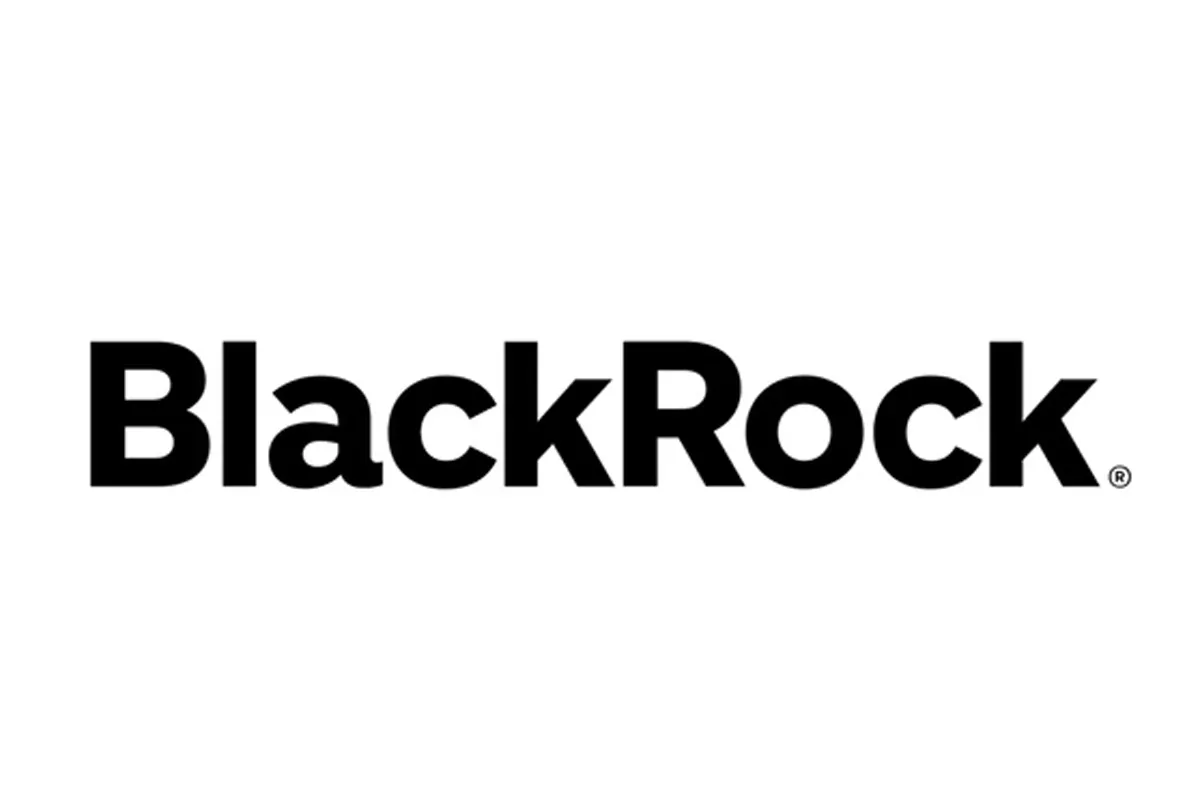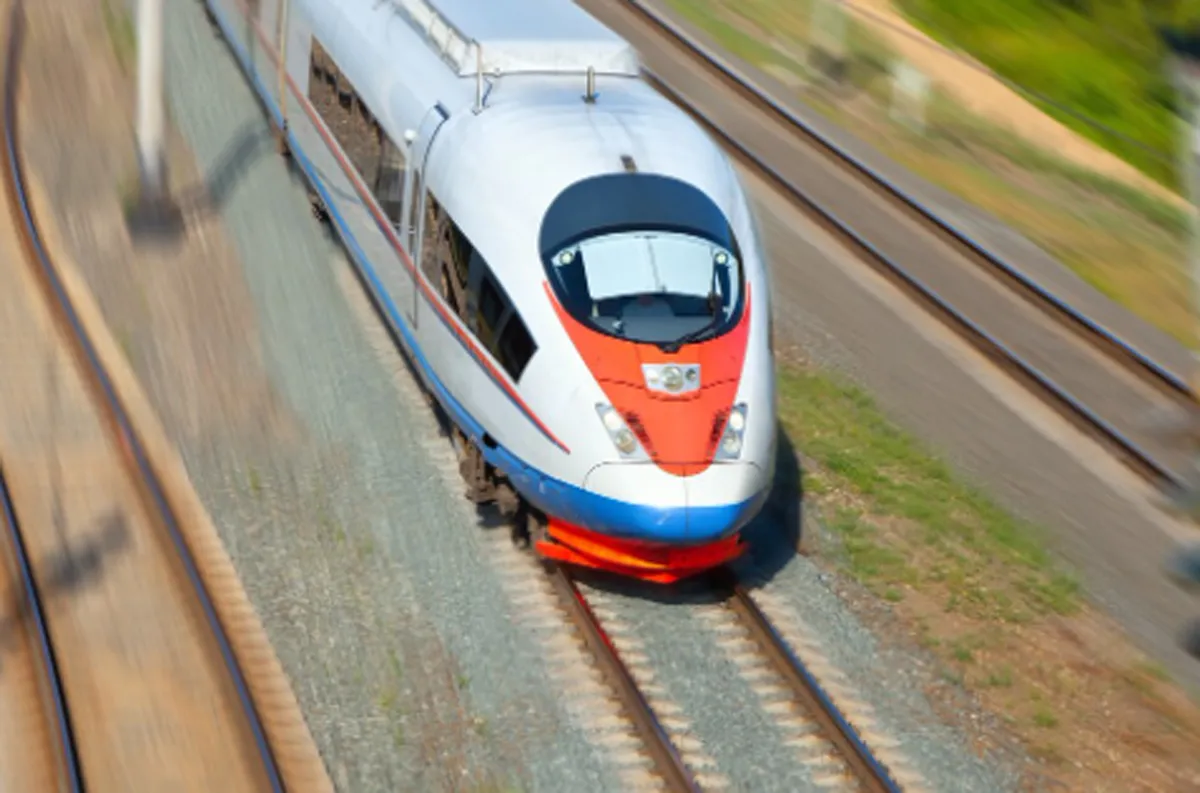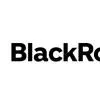Sustainability in focus for tiles, ceramics, sanitaryware

DCPC Prepares for Special Campaign 5.0 with Focus on E-Waste
The Department of Chemicals and Petrochemicals (DCPC), Ministry of Chemicals and Fertilisers, is gearing up for Special Campaign 5.0, to be held from 2nd to 31st October 2025. The initiative will focus on e-waste disposal as per MoEFCC’s E-Waste Management Rules 2022, space optimisation, and enhancing workplace efficiency across field offices.Special Campaign 4.0, conducted between October 2023 and October 2024, delivered notable results in record management, grievance redressal, scrap disposal, and cleanliness drives.Key outcomes of Special Campaign 4.0Records management: 2,443 physical fil..

BlackRock India Leases 1.4 Lakh Sq Ft in Bengaluru
BlackRock Services India, the domestic arm of global asset manager BlackRock, has leased 1.4 lakh sq ft of office space at IndiQube Symphony in Bengaluru, according to Propstack data. The 10-year deal is valued at around Rs 4.10 billion.The lease, among the largest transactions in India’s co-working sector, highlights the growing preference of global institutions for flexible office providers. The agreement, commencing October 1, 2025, covers ground plus five floors in KNG Tower 1 at Ashoknagar, MG Road — one of Bengaluru’s prime commercial hubs.As per the lease document, BlackRock will ..

L&T Bags Rs 25–50 Bn Order for Mumbai-Ahmedabad Bullet Train Track Works
Larsen & Toubro’s (L&T) Transportation Infrastructure business has secured an order valued between Rs 25 crore and Rs 50 billion from the National High Speed Rail Corporation Limited (NHSRCL) for the Mumbai-Ahmedabad High Speed Rail (MAHSR) corridor.The contract, Package T1, involves the design, supply, construction, testing, and commissioning of 156 route km of high-speed ballastless track on a Design-Build Lump Sum Price basis. The stretch runs from Mumbai’s Bandra-Kurla Complex to Zaroli village in Gujarat and includes 21 km of underground track and 135 km of elevated viaduct.Se..
















